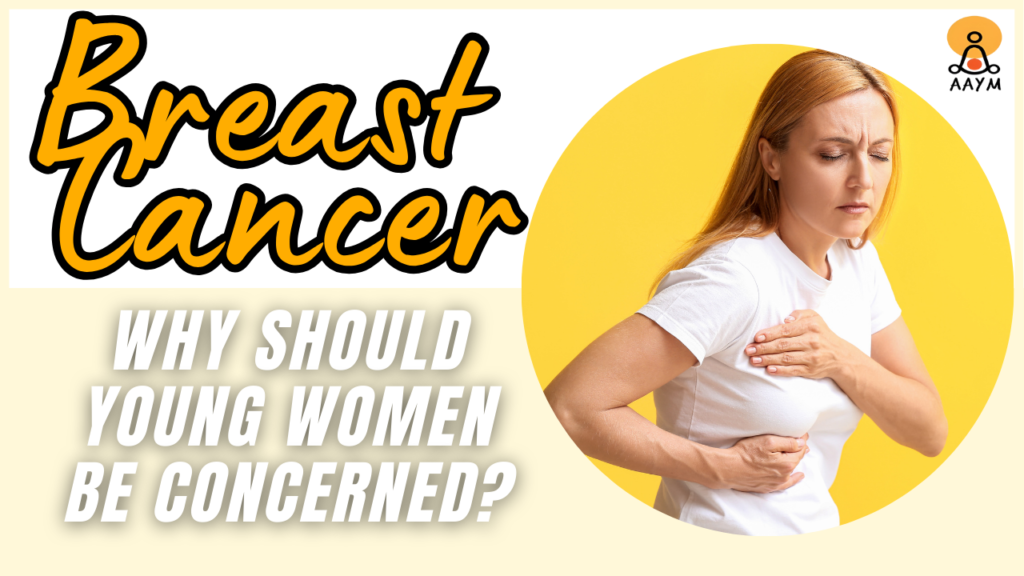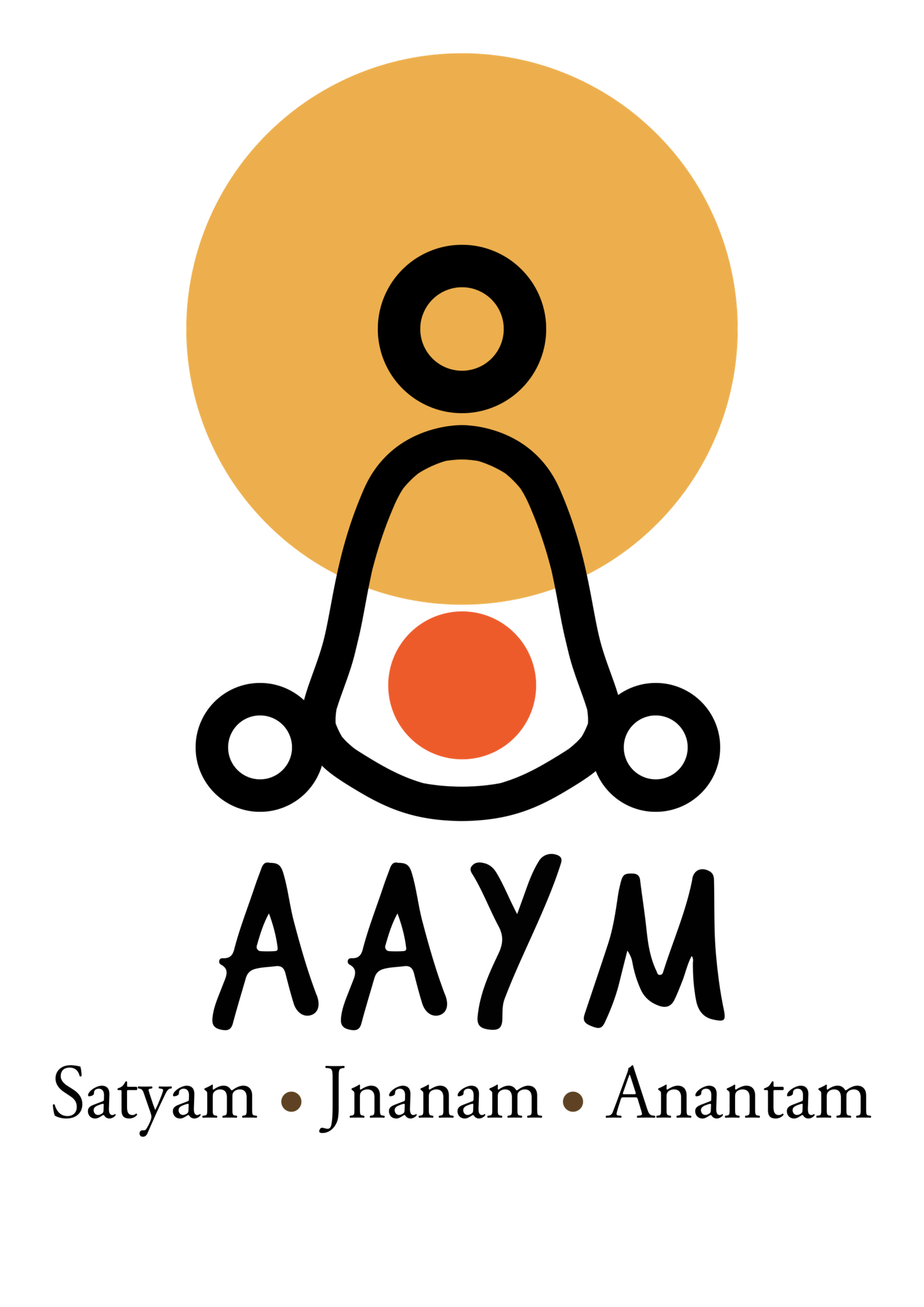
Breast cancer is a major global health issue, affecting over 2 million women each year. It’s the leading cause of death among women in many places, including Singapore. From 2013 to 2017, almost six new cases of breast cancer were diagnosed every day in Singapore, leading to over 2,180 deaths during this period.
Why Young Women Should Care
Many people believe breast cancer is a concern only for older women, but that’s not true. In Singapore, about 1 in 6 breast cancer cases are diagnosed in women under 45. This means young women are not immune to this disease. Early detection is crucial because it significantly increases survival rates. If breast cancer is caught early (Stage 1), the five-year survival rate is over 90%. However, if it’s detected at a later stage (Stage 4), the survival rate drops to around 25%.
The Importance of Regular Breast Checks
- Early Detection Saves Lives and Breasts: Regular self-examinations and clinical checks can catch breast cancer early, improving treatment outcomes and survival rates.
- Start Young: Women should start performing self-examinations from the age of 20 and have clinical checks and mammograms from age 40. High-risk individuals might need additional screenings like ultrasounds after consulting with a doctor.
- Be Aware of Risks: While certain factors like early menstruation (before age 12), regular alcohol consumption, having a first child after 30, not having children, and a family history of breast or ovarian cancer can increase the risk, the majority of women with breast cancer (4 in 5) do not have these risk factors.
Understanding Symptoms and Risk Factors
Contrary to popular belief, breast cancer often does not cause pain in its early stages. Instead, it typically presents as a painless lump. It’s crucial to get any abnormality checked by a doctor immediately. Regular checks and knowing your own body can help in early detection.
Personal Stories
Kah Neng, a Primary School Teacher, Diagnosed at 29: “My world came crashing down after my diagnosis. However, early detection gave me hope because breast cancer is highly treatable when caught early. Despite having to pause my career and life plans, I am grateful for the support from my family and colleagues. Breast cancer is only a part of me; it doesn’t define me.”
A PhD Holder and Mother of One, Diagnosed at 34: “I was angry and frustrated when diagnosed with late-stage cancer. It halted my career and disrupted my life plans. Despite the intense treatment and the stage 4 label, I have gained acceptance and a strong will to fight the disease. Breast cancer doesn’t define me; it’s just one aspect of my life.”
Types and Treatments of Breast Cancer
- Hormone Receptor Positive (HR+): About 80% of breast cancers are HR+, driven by hormones like estrogen and progesterone. These respond well to hormone therapy drugs.
- HER2 Positive: Around 20% of breast cancers are HER2+, caused by overproduction of HER2 proteins. These respond to targeted treatments designed to block the growth signals.
- Triple Negative Breast Cancer (TNBC): 10-20% of breast cancers are TNBC, which are not driven by hormones or HER2. TNBC is more common in younger women, those who are obese, or those with BRCA1/2 gene mutations. Treatment options are evolving, including chemotherapy, immunotherapy, and targeted therapies like PARP inhibitors.
Conclusion: Stay Vigilant, Stay Safe
Breast cancer can affect anyone, regardless of age. Regular breast checks and being aware of changes in your body are vital. Early detection can save lives and breasts. Whether you are in your 20s, 30s, or 40s, start early, know your body, and seek timely treatment if you notice any abnormalities. Always consult your doctor to understand your risk and the best screening methods for you.
Stay informed, stay healthy, and take charge of your breast health. Early detection makes a significant difference.

